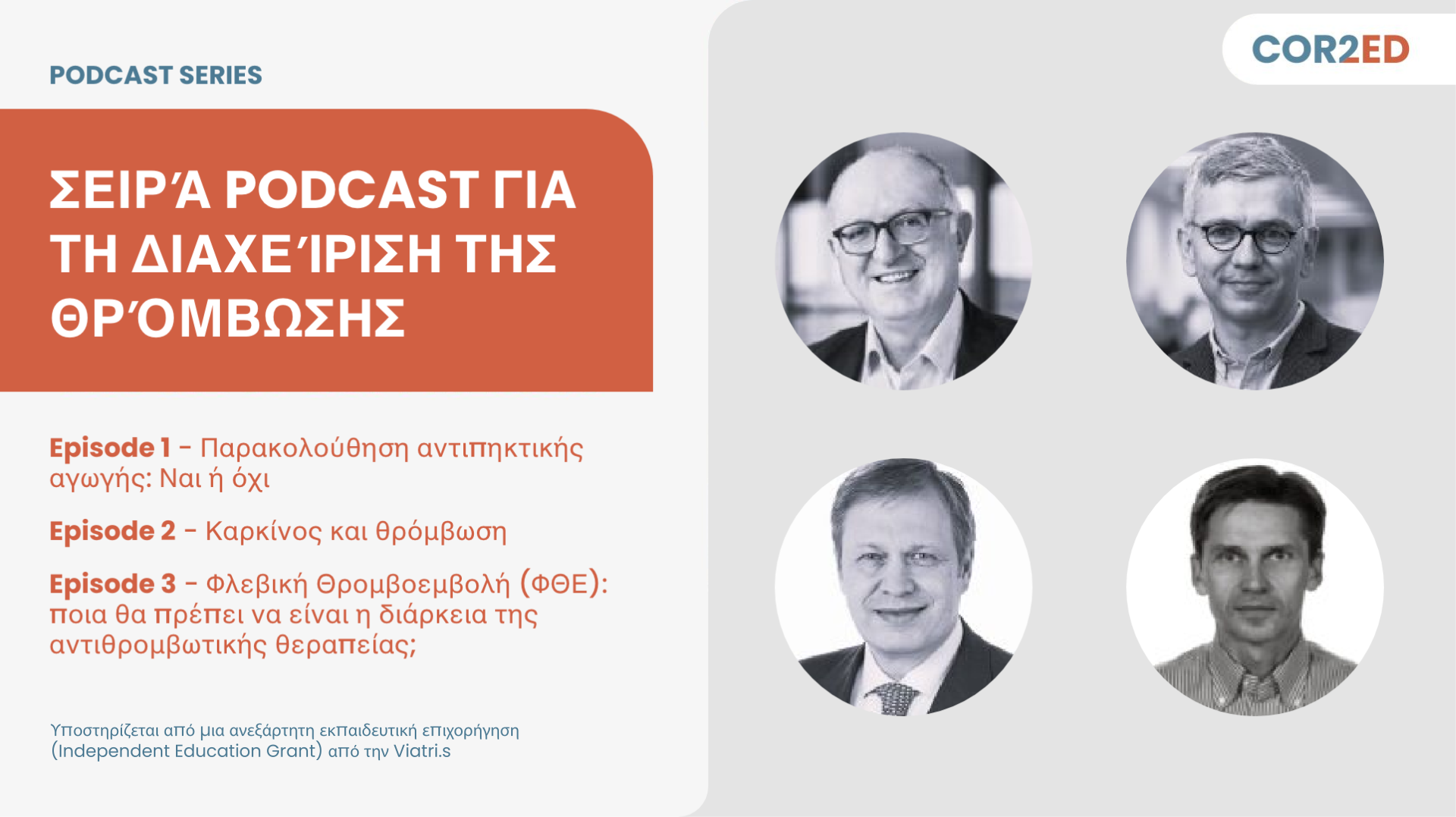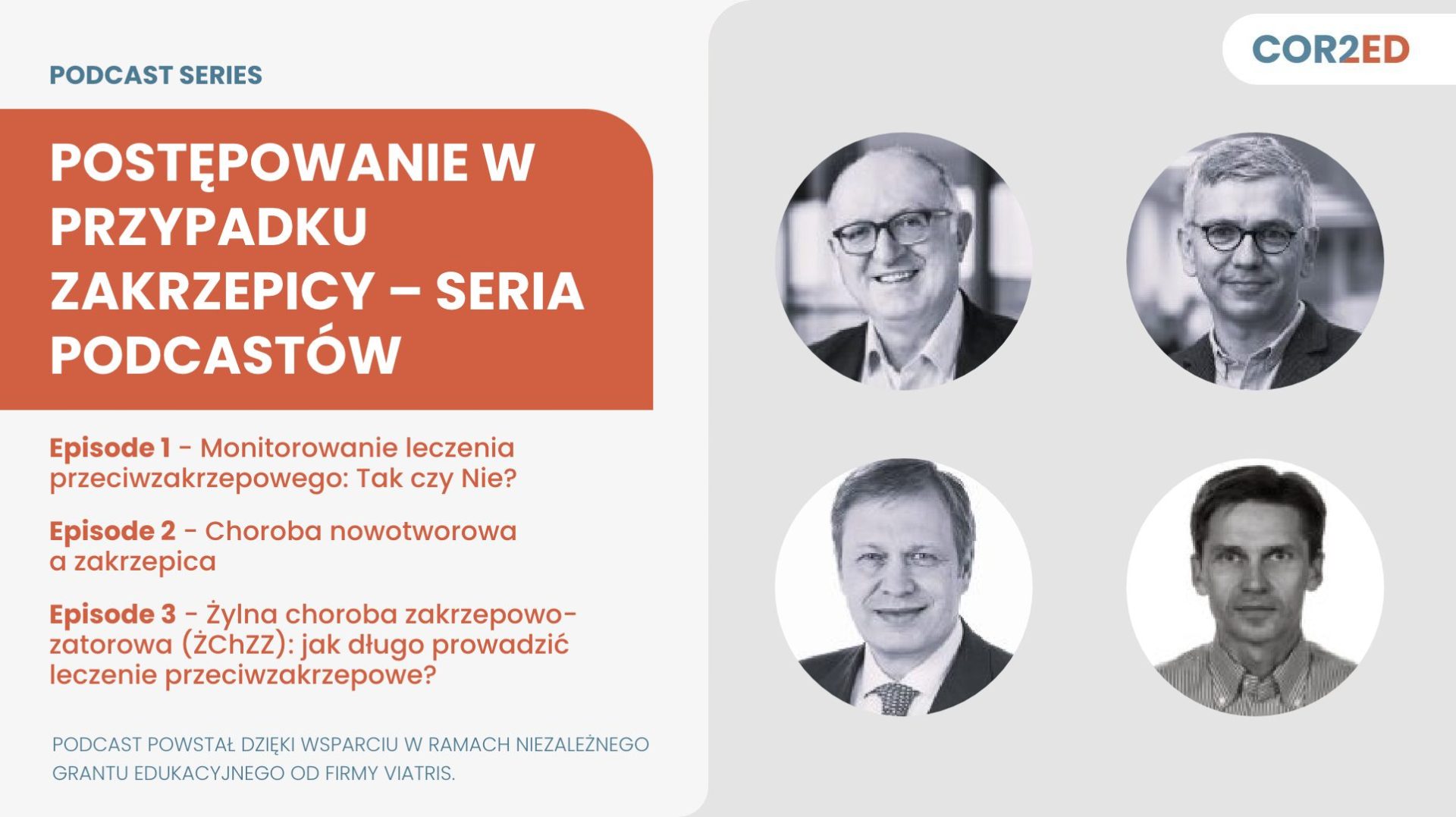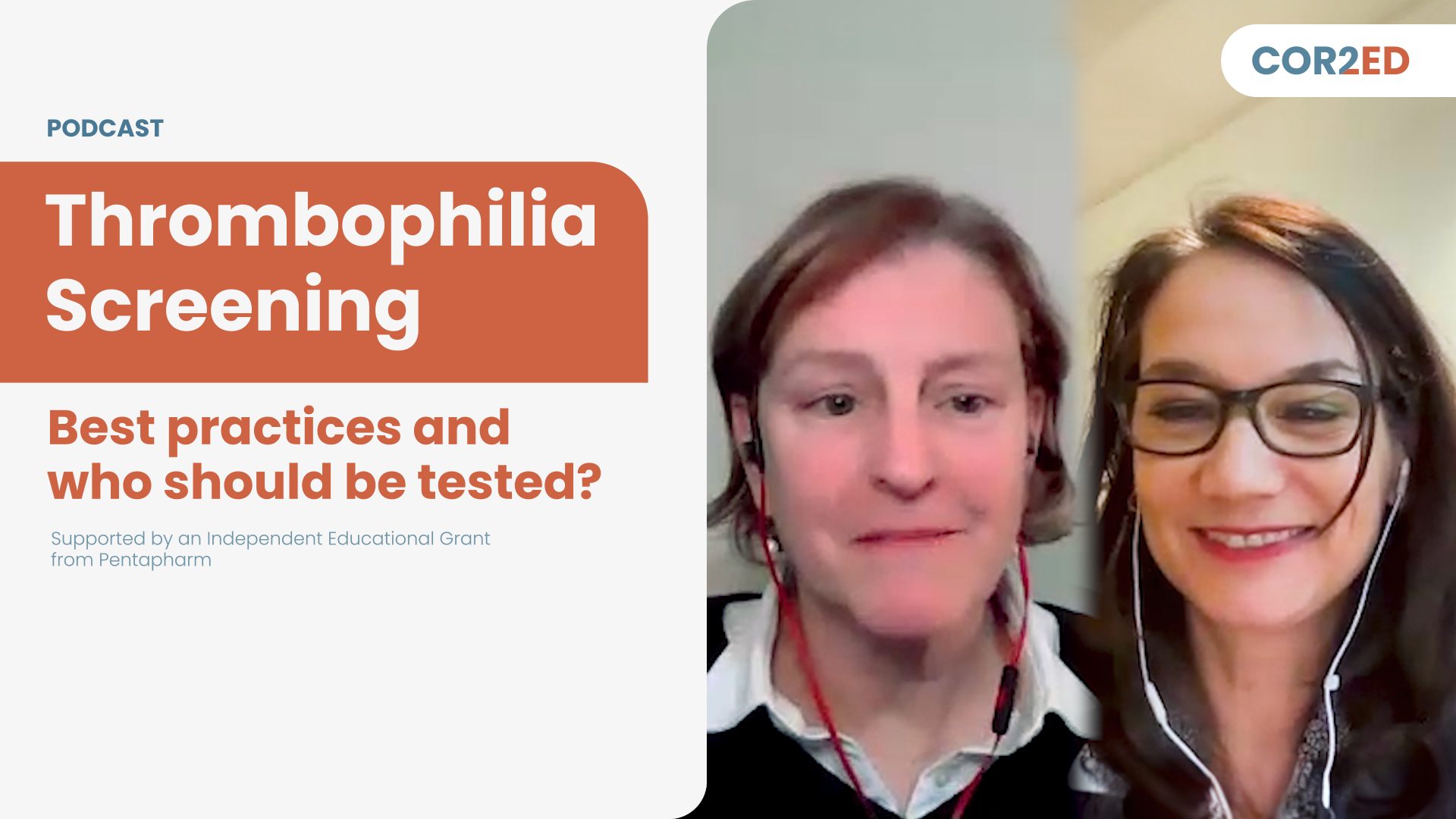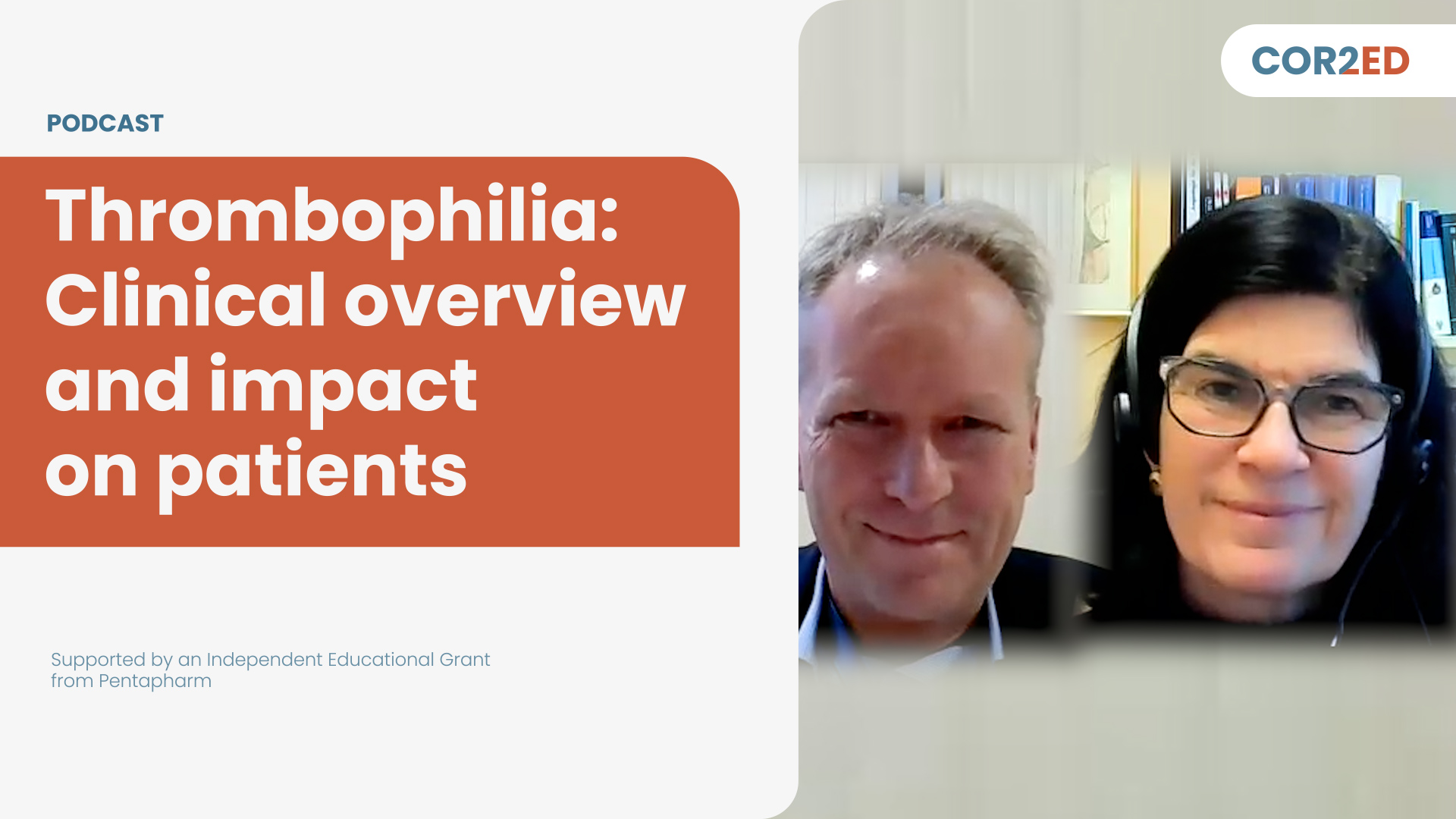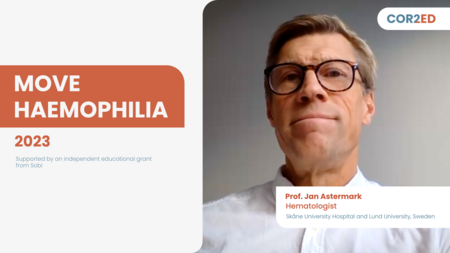Listen to the second episode - Diagnosing Bleeding Disorders
By Prof. Rezan Abdul-Kadir and Dr. Roseline d’Oiron
In Episode 2, Obstetrician/Gynaecologist Prof. Rezan Abdul-Kadir (The Royal Free Foundation Hospital, London, UK) and Haematologist Dr. Roseline d’Oiron (Reference Centre for Haemophilia and RBD, Bicêtre Hospital AP-HP and University of Paris-Saclay, Le Kremlin Bicêtre, France) discuss how to identify women and girls who are likely to have a bleeding disorder. They cover the screening tools available and talk about when to refer patients to a Haematologist. Finally, they uncover some of the myths and mysteries around laboratory tests for bleeding disorders.
This Hemostasis CONNECT podcast series is also available on
Castos, Spotify, Apple Podcasts, and Google Podcasts.
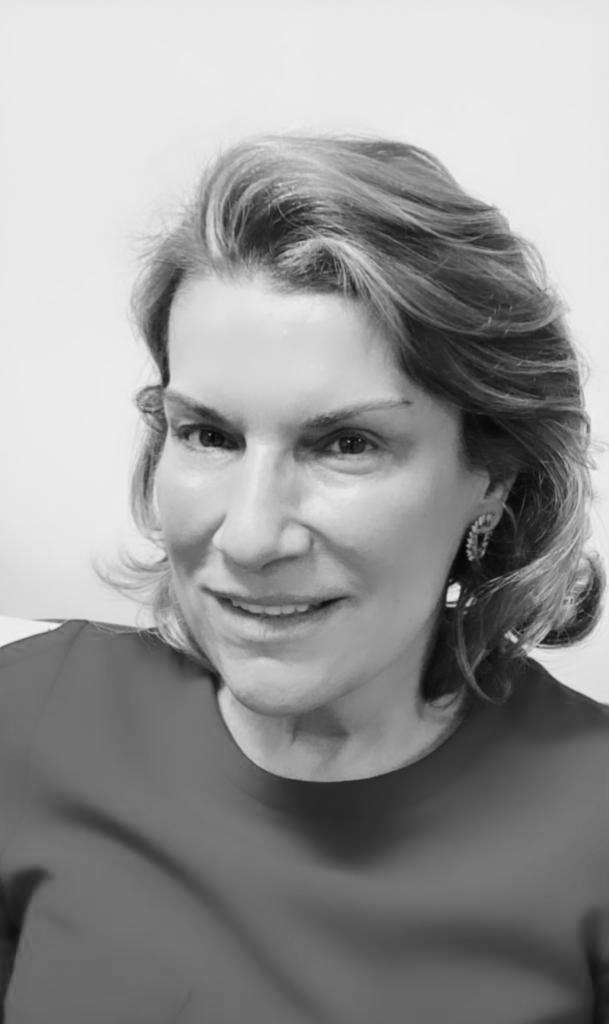
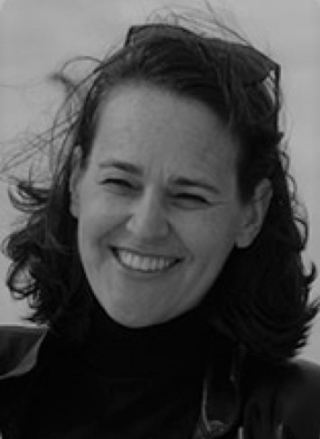


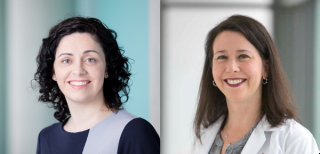
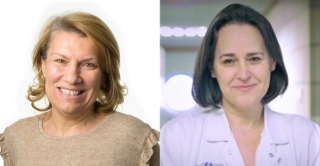
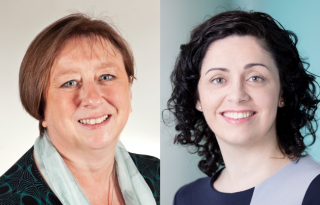
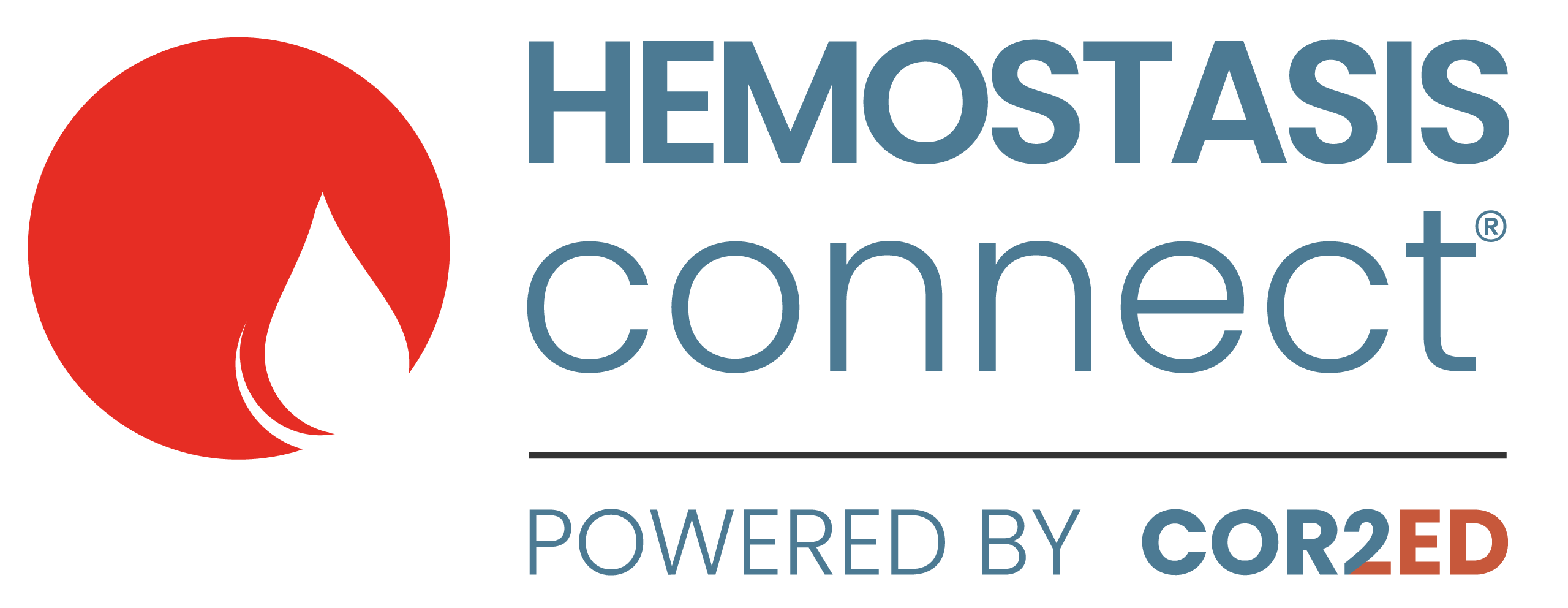

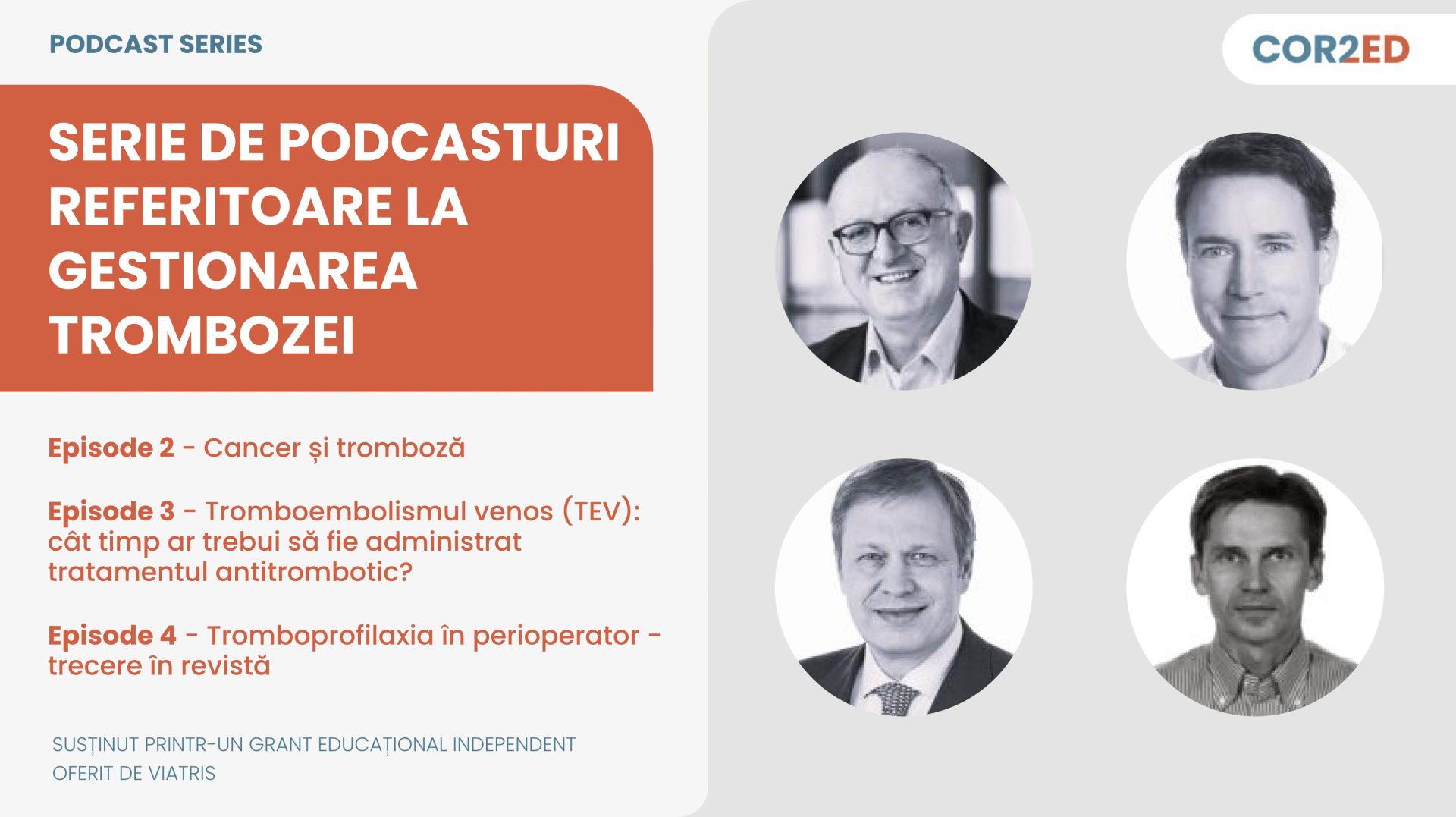
 Downloadable
Downloadable  28 MIN
28 MIN
 May 2025
May 2025 
